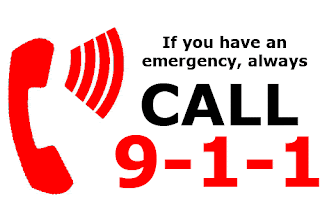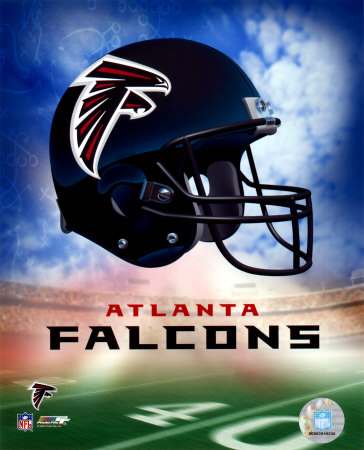Verbs: to be, study, have, want, see, talk, call, make, tell, arrive, ask, fill in, show, wait, take, check, come, listen, look, drink, sleep, write, get, visit, go
Sheila is an international student and studies in a business program. She is sick. She has a sore throat. She wants to see a doctor. Then, she talks to her international student adviser about her health insurance. In the U.S., health insurance is necessary for international students.
Sheila calls the school clinic to make an appointment. She tells her symptoms to the clerk on the phone. When she arrives at the clinic, the clerk asks her to fill in the patient information form and she shows the clerk her insurance card. She waits in the waiting room.
The nurse calls her name and takes her to the examining room. The nurse checks her blood pressure and takes her temperature. The doctor comes into the examining room. He listens to her heart and looks in Sheila’s throat. He tells her to drink more water and sleep more. He also writes her a prescription to get medicine from the pharmacy. After Sheila visits to the clinic, she goes to the pharmacy to get her medicine. Then she goes back home and takes a rest.










